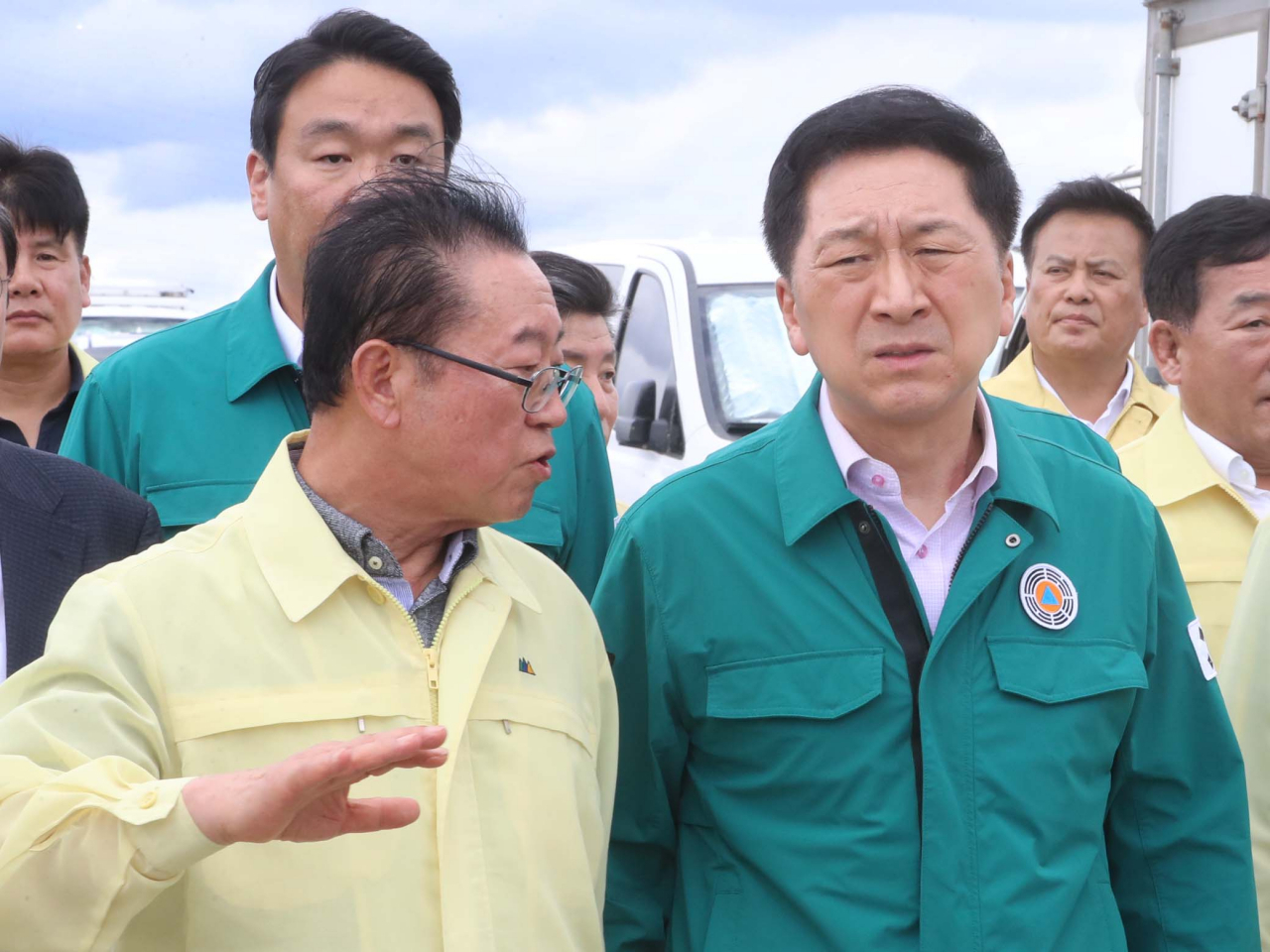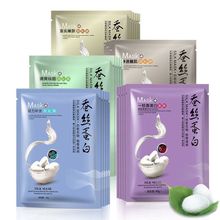您现在的位置是:半岛新闻网 > 产品中心
Conservationists celebrate China ivory ban in 2017 as “game changer” for elephants.
半岛新闻网2024-09-22 01:32:47【产品中心】4人已围观
简介A bit of good news came out of China this week, when the country announced it would be phasing out a
A bit of good news came out of China this week, when the country announced it would be phasing out all processing and trade of ivory by the end of next year. Considering how the majority of the tusks from the tens of thousands of elephants that have been slaughtered over the past decade are thought to have been sold to China, conservationists immediately celebrated the move as a potentially significant step to start putting an end to the poaching that has decimated entire herds of elephants across Africa.
China has said that as of March 31, all commercial processing and sale of ivory will end with the goal of then gradually closing up all registered traders by the end of the year. The Wildlife Conservation Society in Asia, characterized the decision as “a game changer for Africa’s elephants.” And Steve Galster, the director of the non-government conservation group Freeland Foundation, said it was “the best New Year’s present that conservationists and elephants have had in a long time.”
Scientists believe there were once as many as 20 million elephants in Africa, a number that plunged to 1.3 million by 1979. Now there are thought to be anywhere between 400,000 and 500,000 elephants across Africa. “China’s exit from the ivory trade is the greatest single step that could be taken to reduce poaching for elephants,” WildAid CEO Peter Knights said.
Although the international ivory trade was banned in 1989 that came with a loophole that allowed some African countries to sell tusks in order to fund conservation and some licensed sellers are allowed to sell pre-1989 ivory domestically. But analysts say the legal ivory trade all too often operates as a cover for illegal poachers.
Even as conservationists celebrated the move though, several were quick to point to numerous obstacles that could dampen the effectiveness of the measure. First, neighboring countries have to take action as well. Hong Kong has said it will not ban domestic ivory trade until 2021, meaning that China’s demand could just be transferred there. Also, if the all-out ban is not accompanied by stringent enforcement it will simply increase the price of ivory.
Tweet Share Share Comment很赞哦!(82461)
相关文章
- 21 College and University Museums
- What happened to H.E.L.P.eR.? 'Venture Bros,' creators weigh in
- 农业农村部调研组到新会调研新会陈皮农业文化遗产保护工作
- How to block people on Tinder
- New Grok response directs users to Vote.gov for election questions
- TV shows to watch (and finish) on a flight
- 惠民利民不避小 实事好事不怕多
- Ahsan Ramzan clinches U21 Asian Snooker Championship
- Cheap heat
- North Korea's newest smartphone 'Samtaesong 8' mirrors Samsung Galaxy phones
热门文章
站长推荐

11 Telescopes Exploring The Magic of Space

Politicians dash to areas wrecked by downpour; Yoon’s Ukraine trip hit by opposition

Sidney Powell sanctions: Real accountability for those responsible for Jan. 6.

You know where Mbappe wants to go: Guardiola

21 Lost and Lonely Cemeteries

Twitter will have a free API tier for 'good' bots

Landslide deaths show blind spots in prevention system

Kathy Hochul replaces Cuomo, becoming New York's first female governor.